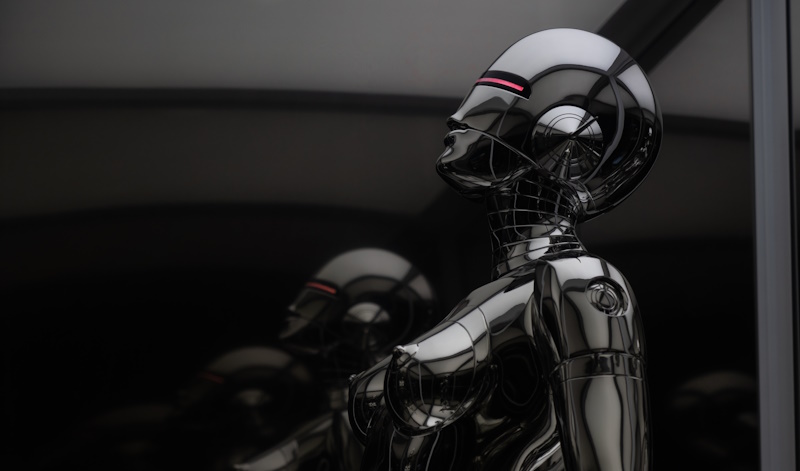The 1st fully AI music streaming service spells trouble
Image credit: Xu Haiwei
China has launched their first, completely AI-generated music streaming platform – so what about the artists?
A Chinese tech firm has just launched a ground-breaking streaming service, the first fully AI generated music streamer. Kunlun Tech has launched Melodio, the “world’s first AI-powered music streaming platform”.
Melodio promises to cater to listener’s moods by generating a soundtrack that is built upon their prompts. Users can input moods, scenarios, and themes to have their personalised playlist created using the platform’s music generator.
Kunlun say: “With endless streams of real-time, personalised music, Melodio caters to users’ every mood and scenario, enabling them to modify their prompts on the fly, switch between generated lyrics, and save or share their favourite moments for a truly transformative listening experience.”
Kunlun have also launched an AI music creation platform, allowing users to generate ad download their own tracks to their specifications. Users can input lyrics, specify the style, and can then “fine-tune sections like intros, verses, choruses, bridges, and outros with ease”.
Mureka can input reference tracks for Mureka to listen to and produce from. Astonishingly, creators can even monetise the tracks they generate by selling them on the Mureka store. This comes at a time when AI generators Udio and Suno are facing legal repercussions from the music industry for training their technology on copyrighted tracks.
What does this mean for real artists?
The music industry is in a tender spot as AI’s place in music evolves. Concerns over the training of music generators on copyrighted music and the replications of artists’ unique styles and voices are yet to be satisfyingly acknowledged.
The music industry is both afraid of and embracing the potential of AI. Whilst it represents something of an existential threat, over 20% of music producers use AI in some form to enhance their creative process.
A new streaming service providing AI-generated content isn’t all that surprising. Deezer revealed plans to introduce AI generated music of their own to their platform last year, to replace ambient noise content and therefore retaining more streaming revenues for music artists.
However, with an abundance of artists releasing music, do we really need AI-generated content? Independent music distribution services like RouteNote have enabled artists of all shapes and sizes around the world to release their music globally.
The abundance of content means that we have access to more music from real artists than ever before. Why replace them with AI, when we could just prioritise artists of different genres more?
In the case of creating a stream of thematic songs, music services have become incredibly adept at filtering real-world artists’ songs by mood. SoundCloud have even begun using AI to detect the characteristics of songs to promote them to the right listeners without any listener data.
The truly scary thing about this new AI music streaming service is Kunlun’s generator which allows users to input reference tracks and then monetise their creations. This is a flagrant display of copyright infringement. Could this happen anywhere but China? We will find out as the issue of AI in music becomes ever more prevalent.
